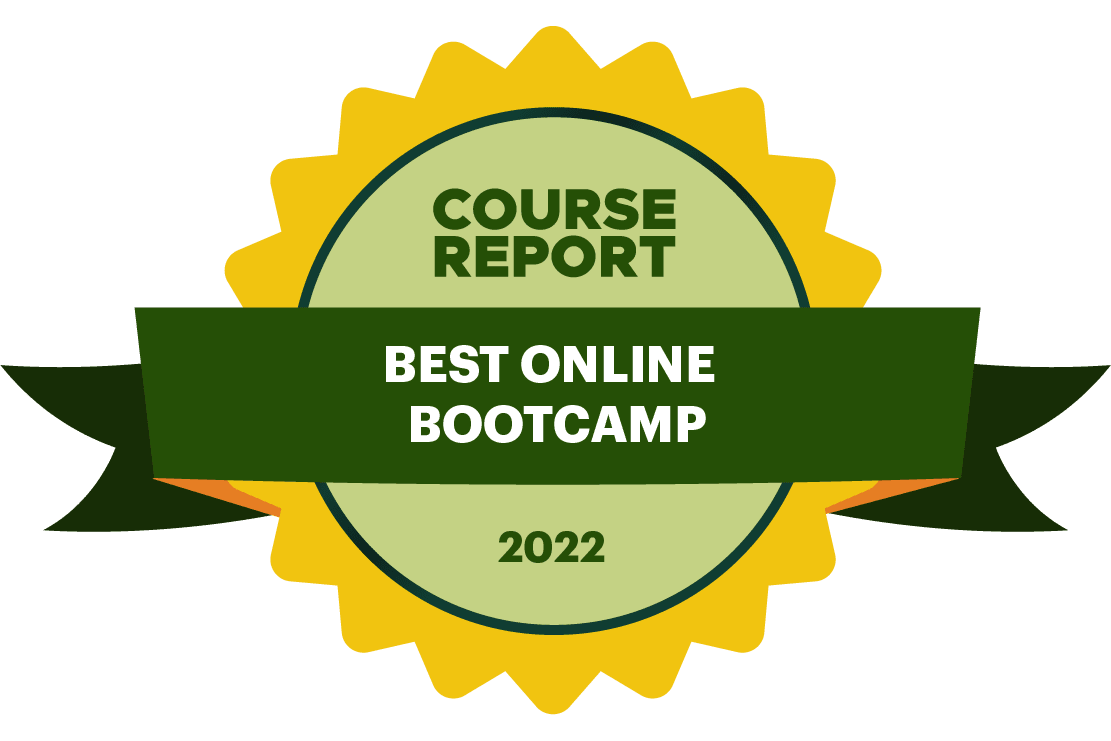Making a career change is a big decision and a lot of work —and most of us do it while continuing to work. For that reason, Springboard offers flexible scheduling, even in courses with live classes.
Springboard vs. Uvaro
Springboard and Uvaro both offer a tech sales program that readies beginners to work in the industry. While both have similar pricing and course length, there are significant differences between the two when it comes to the curriculum and career support.
Uvaro offers both an accelerated 4-week version, and a 12-week version of their sales course. They also offer a few other courses like Customer Success Management, Account Management, and Account Executive foundations. Courses are delivered as a mix of independent and live learning, so participants can have some flexibility while still studying with a cohort. The curriculum includes a lot of content on job searching tactics and career growth training, as well as learning technical sales skills.
Springboard’s Tech Sales Career Track is a 12-week, part-time course that’s backed with a job guarantee . Get a job or you'll receive a full refund. It features a practical curriculum developed with industry experts, as well as robust career services, including 1-on-1 advice and assistance. 93.2% of Springboard students land jobs in their chosen field after graduating.
Springboard | Uvaro | |
|---|---|---|
Industry-leading curriculum | Yes | No |
Cost | $2,500 - $3,000 | $6,000 |
Job Guarantee | Yes | No |
Live Classes | Yes | Yes |
Flexible Schedule | Yes | No |
Career Services | Yes | Yes |
Ready to make a change? Apply now
Spots are limited, and we accept qualified applicants on a first-come, first-served basis.
Why choose Springboard over Uvaro
Springboard’s Tech Sales Career Track was developed in collaboration with Winning by Design, a successful sales training company. We’ve included everything you need to know about sales strategies, and all the practical applications you need to master them.
Springboard is so confident in its courses that they’re sure you’ll land a great job after graduation or get a full refund.
Meet a few of our Springboard alumni
Frequently Asked Questions
Ready to make a change? Apply now
Spots are limited, and we accept qualified applicants on a first-come, first-served basis.






